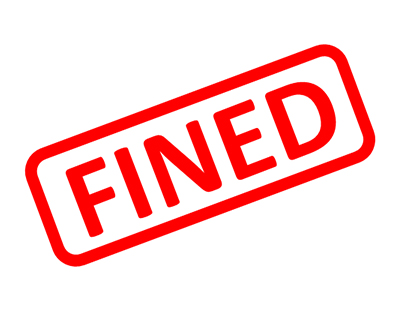
London Fire Brigade’s deputy assistant commissioner for fire safety has praised the new safety regulations which have now come in to effect in the private rental sector.
Charlie Pugsley says: “These new regulations … should be seen as a huge win for tenants who often have to battle with landlords to ensure their homes are safe. Most landlords provide well-maintained and safe accommodation for their tenants, but there are those that don’t and put people’s lives at risk. So it’s a positive step that tenants now have protection and the support of local authorities if landlords don’t comply.
“Sadly, we are all too aware of what the devastating consequences of faulty electrics can be and provided detailed data to the working group to shape the guidance.
“As these regulations do not cover electrical appliances, only fixed electrical installations, we would urge people to ensure their appliances are safe and always register them so you can be informed if there is a fault identified.”
The regulations mean:
- Electrical wiring, sockets, consumer units (fuse boxes) and other fixed electrical parts in rented homes must be inspected and tested every five years, or more often if the inspector thinks it necessary.
- Throughout the whole time a tenant is living at the property, national electrical safety standards must be met.
- Landlords must give the tenant a report that shows the condition of the property’s electrical installations. They also have to give this to the local council if they ask for it.
Inspections will find out if any electrical installations are overloaded, if there are any potential electric shock risks or fire hazards, if there is any defective electrical work and if there is a lack of earthing or bonding.
If the report identifies any issues, landlords will have 28 days to carry out necessary works, or less if the inspector deems the work more urgent.
The new regulations are in place for those who sign tenancy agreements from now onwards. If a tenancy was signed before July 1 the home will be covered from April 1 2021.













%20-%20IMAGE%20Client%20Accounting%20%E2%80%93%20what%20are%20your%20options.jpg)





Join the conversation
Be the first to comment (please use the comment box below)
Please login to comment